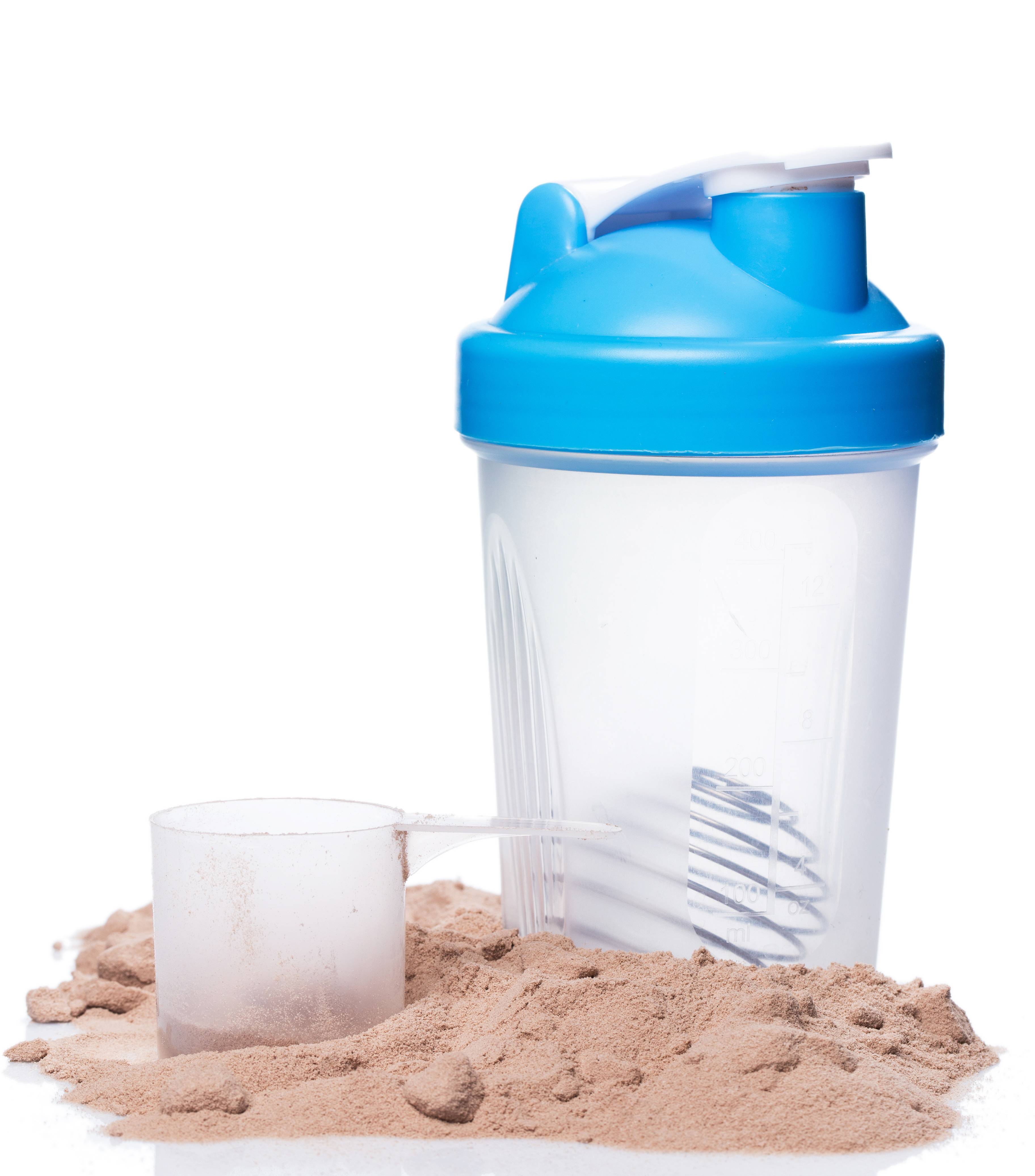Athletes with beneficial bacteria reported greater endurance, presumably from the study due to higher consumption of fiber, poly and mono-unsaturated fat and the ensuring sufficient protein.
Protein accounted for better than 22% of total calories when compared to those that consumed higher carbohydrate (low fiber) diets with less than 15% of total calories coming from proteins. Surprisingly, meat accounted for the majority of the beneficial protein when compared to protein sources in the non-athletic types. Additionally, whey protein was a major protein piece where meat was not accounted for in the meal plan. The study revealed exercise and protein together were the strongest divers for micro biota diversity.
Researches pointed out, those on less protein dense diets and those with lower physical activity had higher BMI, risk for conditions such as dysglycemia, autism and obesity.
Having a guide for both diet and exercise is not just a blueprint for success in weight management, but for overall health and prevention as well.






Comments (0)